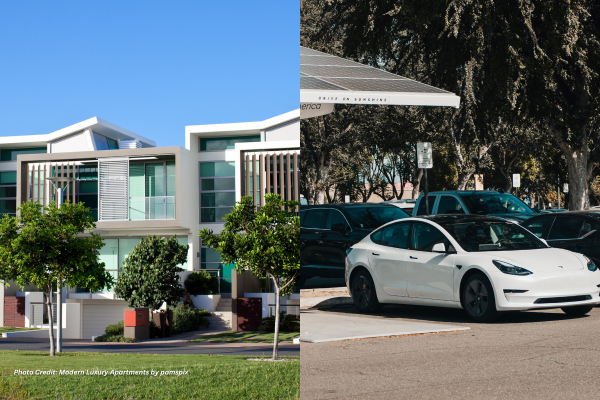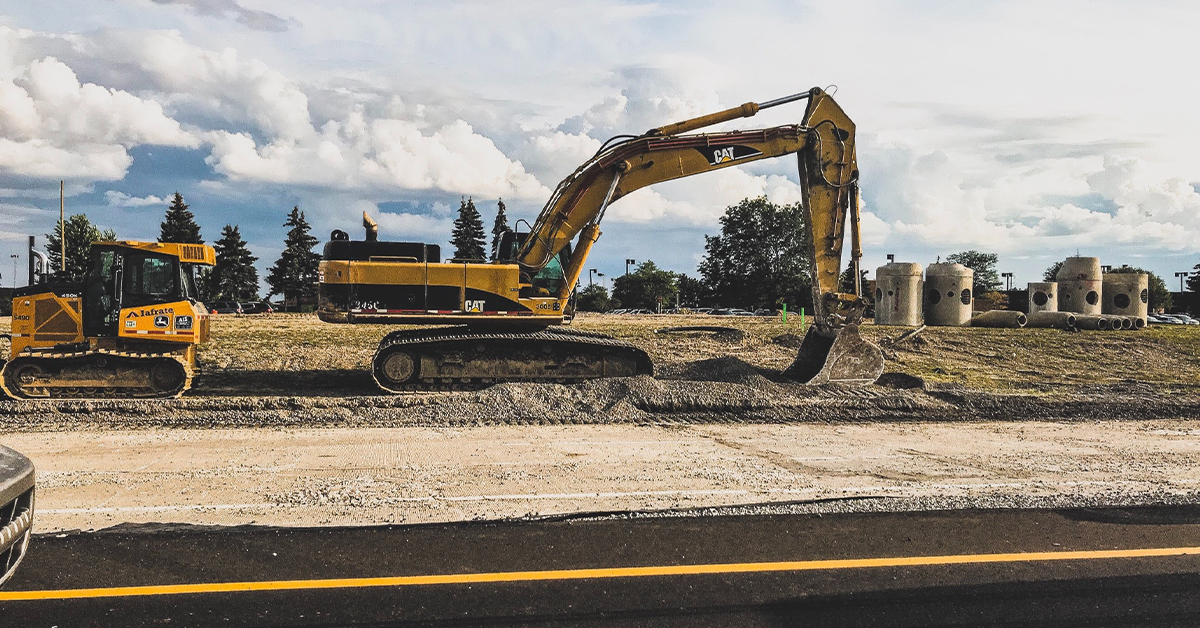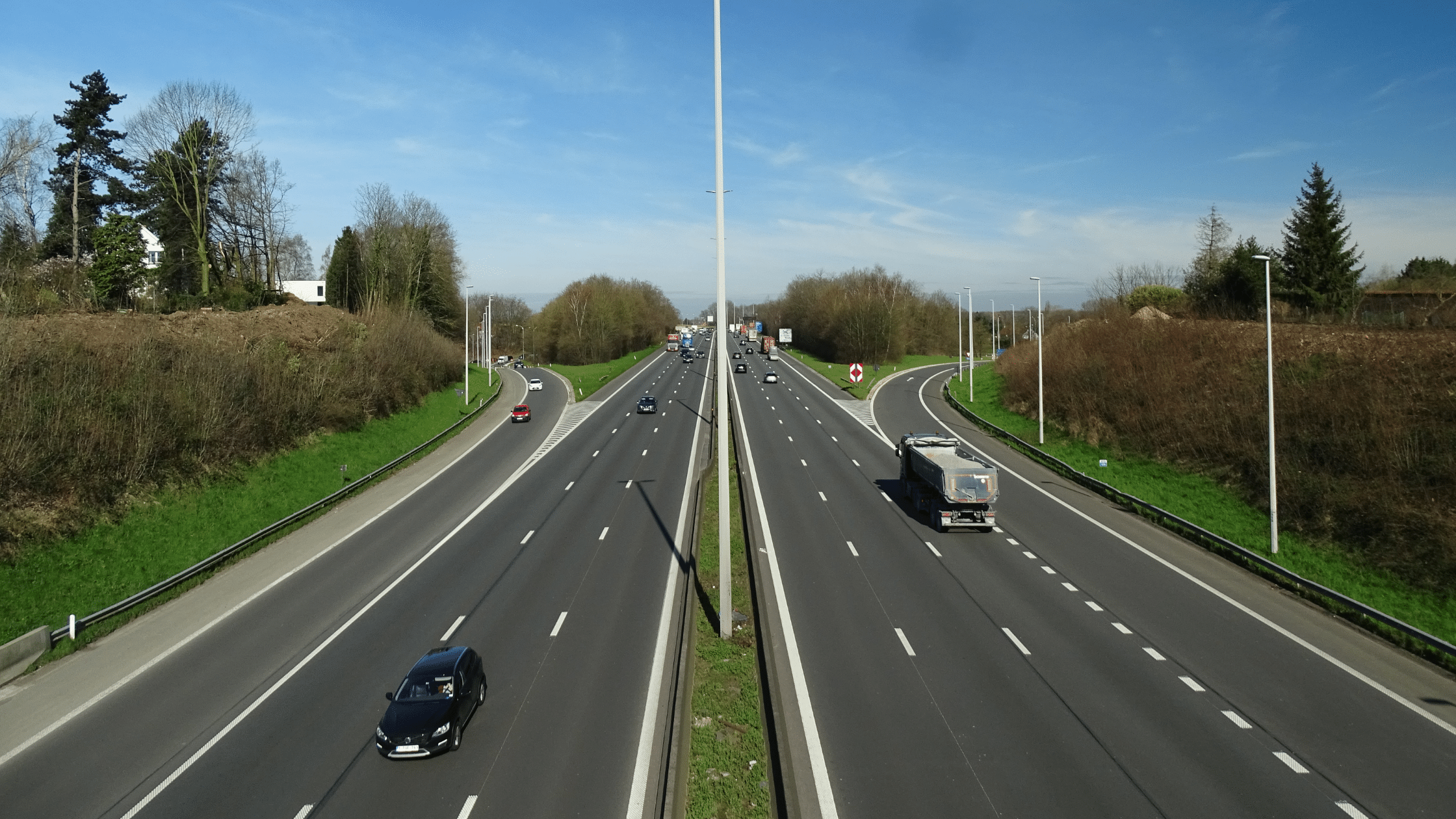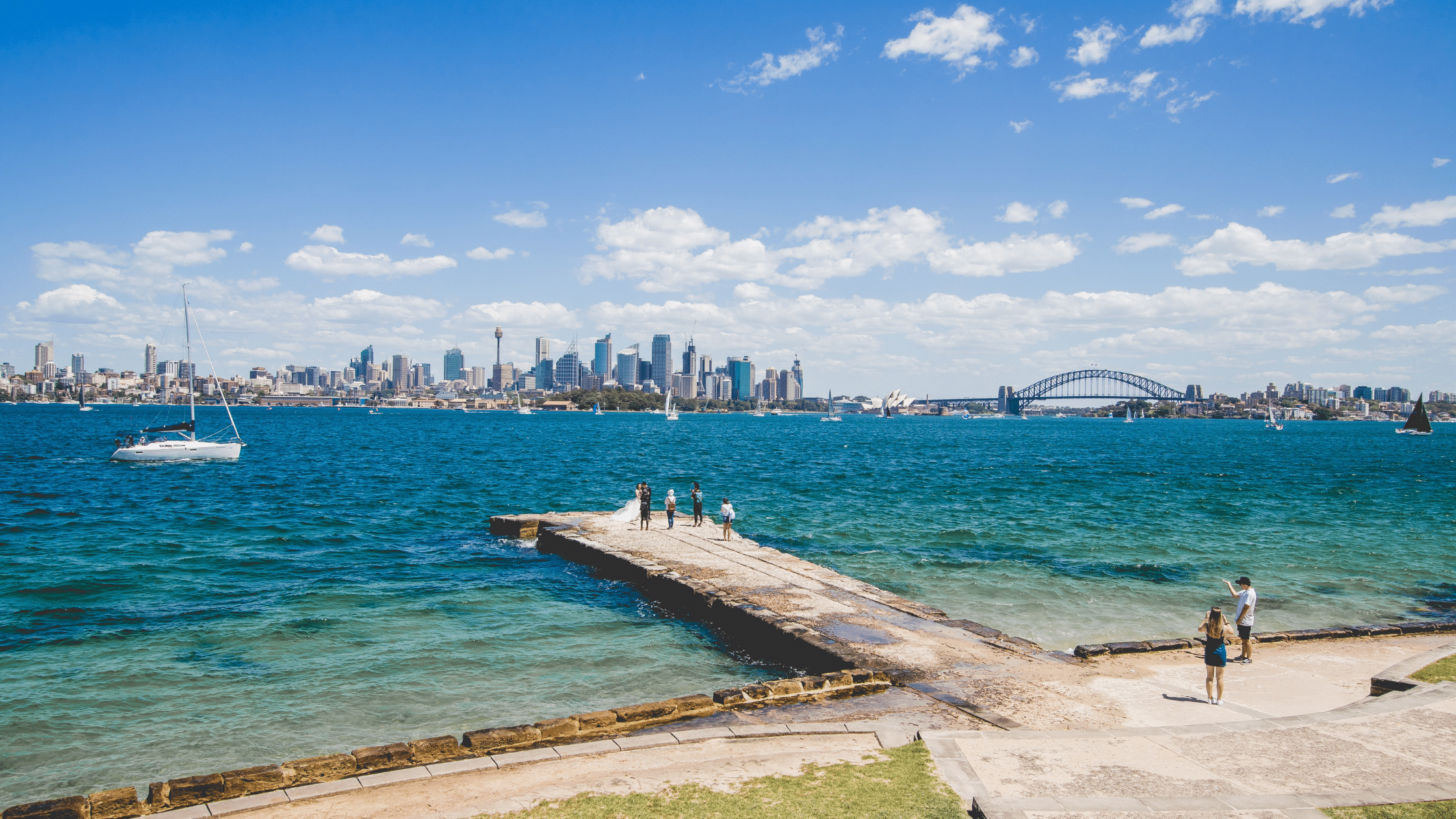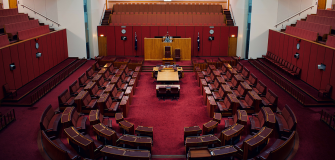Why the Coalition could be our next climate crusaders
While the Federal Election result may have left many climate crusaders feeling as though their dreams have gone up in flames, it may instead represent opportunities for real progress towards climate change outcomes in Australia.
In February, Prime Minister Scott Morrison delivered his ‘Climate Solutions’ speech highlighting that “as Liberals and Nationals we don’t believe we have to choose between our environment and our economy”. The Coalition’s position on climate change action centres on a ‘do no harm’ approach with respect to the current economy. In the same speech, Morrison says “Our Government, my Government, acknowledges that we must accept the facts of climate change, address it, and we do so with cool heads, not just impassioned hearts. Because it takes both”.
And he’s right. It is no longer only about love for the environment and the belief in the importance of preserving it; it is about the facts of the economy. Two recent reports have highlighted the real economic risk we are carrying in terms of inaction over climate change. In November last year, a report co-authored by climate scientists within United States (US) Federal agencies estimated that in the US “annual losses in some economic sectors are projected to reach hundreds of billions of dollars by the end of the century”. The Australian Climate Council’s report ‘Compound Costs: How Climate Change is Damaging Australia’s Economy’ , released in May just ahead of the election, found that:
Climate change is a major threat to Australia’s financial stability, and poses substantial systemic economic risks.
Detailed new modelling, based on the Federal Government’s current approach to climate change, finds that the economic damage to Australia’s property and agricultural sectors will be very significant.
The property market is expected to lose $571 billion in value by 2030 due to climate change and extreme weather, and will continue to lose value in the coming decades if emissions remain high.
Extreme events like droughts, heatwaves, cyclones and floods have an impact on agriculture and food production; this is already affecting Australia’s economy and will cost us much more in the future.
The severe costs of climate change outlined in this report are not inevitable. To avoid the costs of climate change increasing exponentially, greenhouse gas emissions must decline to net zero emissions before 2050. Investments in resilience and adaptation will be essential to reduce or prevent losses in the coming decades.
The economic impacts arise from a number of varied scenarios such as ongoing drought causing food or commodity shortages or increased price and competition for water resources as well as the significant change to property insurance arising from market reactions to extreme weather and fire events or floods blocking transport and impacting inner-city productivity.
Action on climate change is no longer just a high-level ‘greenie’ policy agenda when it is good economic management, and Morrison is in a unique position to act.
The Coalition’s support of the Adani mine through the election campaign was largely based on the economic drivers associated with the estimated 10,000 jobs the mine will create. The number has been referenced in various places, particularly by politicians, but is likely over-exaggerated compared to the 6,400 jobs referenced in the project documents submitted to the Queensland Government for approval or the less than 1,500 jobs referenced to the Queensland Land Court. This creates a stark comparison to the 64,000 jobs that Deloitte estimates the Great Barrier Reef contributes to the Australian economy and the real threat to their existence given projections that the reef will completely die with a global temperature rise of more than 2 degrees.
Beyond the future economic costs of climate change there are also a growing number of ways climate change actions make economic sense. GenCost 2018, the first annual report on the cost to generate energy from new power plants, found that solar and wind technologies represent the
lowest cost new build power plant. Construction activity in the renewable sector is also driving jobs growth (up 28% in 2017-2018 from 2016-2017) with the only government and non-profit categories within the sector recording a fall in employment.
On the basis of economic management and job protection and growth, Morrison’s Coalition could become Climate Crusaders. And if they do, they are in a position to meaningfully act because they will have a largely supportive opposition government to support the passage of new laws and listed climate change as an issue on importance on their own political campaign agenda. While progress crafted by the Coalition is unlikely to go as far as Labor may like, we would expect that Labor will support progress in a number of forms.
As Morrison says, it is not about a choice between environment or economy; it is now a choice between economy today and economy tomorrow.
—
This article originally appeared on fpladvisory.com.au.
Catriona is a communications professional, supporting a broad range stakeholder engagement activity as Manager – Communications at FPL Advisory. Catriona has experience across a range of communications and project management matters in a public sector context. She has significant knowledge of the processes and principles of strategic stakeholder engagement, community marketing campaigns and public and media relations. Building on her interests in economics, environmental management and urban planning, Catriona understands the need for communications to support policy outcomes.
Catriona holds a Masters of Planning and a Bachelor of Arts majoring in Economics. Find out more about Catriona at her LinkedIn profile: www.linkedin.com/in/cat-mcnaughton












